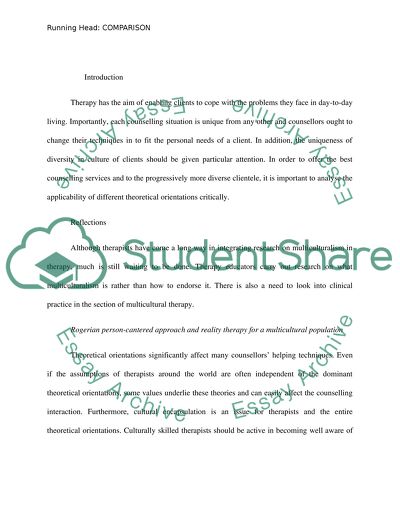Reality Therapy Essay Example | Topics and Well Written Essays - 500 words. Retrieved from https://studentshare.org/law/1689732-reality-therapy
Reality Therapy Essay Example | Topics and Well Written Essays - 500 Words. https://studentshare.org/law/1689732-reality-therapy.


